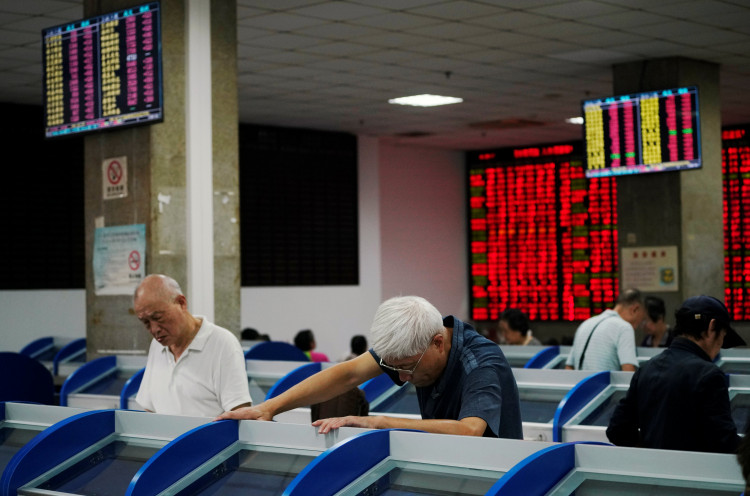Asian stocks were generally subdued on Tuesday, Sept. 25, after U.S. stocks dipped amid growing panic on global trade tensions as well as muddled Washington politics. Australian and Hong Kong markets were generally negative on Monday, Sept. 24.
The shakiness on Asian stocks was observed after the United States officially implemented 10 percent tariffs on $200 billion of Chinese imports on Monday. China was compelled to respond with retaliatory tariffs on $60 billion of U.S. products. On Friday, Sept. 21, Chinese officials bowed out from trade talks with their U.S. counterparts after Washington imposed separate military sanctions over Beijing's purchase of Russian weapons.
On top of growing concerns about the global repercussions of the China-US trade war, markets have also been restless amid other political conflicts.
Bloomberg reported that as of Tuesday, industrial shares pulled the S&P 500 lower after China canceled its negotiations with U.S. trade officials. The stocks were also affected by widespread reports that Deputy Attorney General Rod Rosenstein will vacate his post.
CNBC noted that Australia's ASX 200 closed 0.12 percent lower on Monday while the Commonwealth Bank of Australia dipped by 0.51 percent and the AMP's stock lost 1.24 percent. Lynas ended Monday's trade lower by 18.33 percent although its slipped was primarily affected by impending investigations of its Malaysian operations.
Stocks in the Greater China region also showed unsteadiness with Hong Kong's Hang Seng index dipping, trading lower by 1.69 percent and property developer Country Garden's stock was still down by 6.27 percent.
CNBC further noted that Japanese yen was primarily flat against the dollar in the hours after the new tariffs took effect. The Australian dollar also plummeted, offshore yuan weakened, and South Korean won was 0.4 percent lower than the greenback won.
Bloomberg said that global equities as a whole are nervous about political tensions on top of the escalating China-US trade war. The growing market concern at present, unfortunately, overshadowed the optimism that global economy could sustain its resiliency amid the geopolitical and trade tensions.
Next week, markets will face the Federal Reserve's policy meeting which is expected to bring about interests rates hikes in the coming months to years.
Iain Stealey, portfolio manager at JPMorgan Global Strategic Bond Fund, said markets wait for the number of rate hikes that they should anticipate for 2019. He explained inflation is currently above target and is set to continue unless concerned parties improved their rhetoric on the escalating trade conflicts. Stealey stressed that trade rhetoric affects the overall economy.






